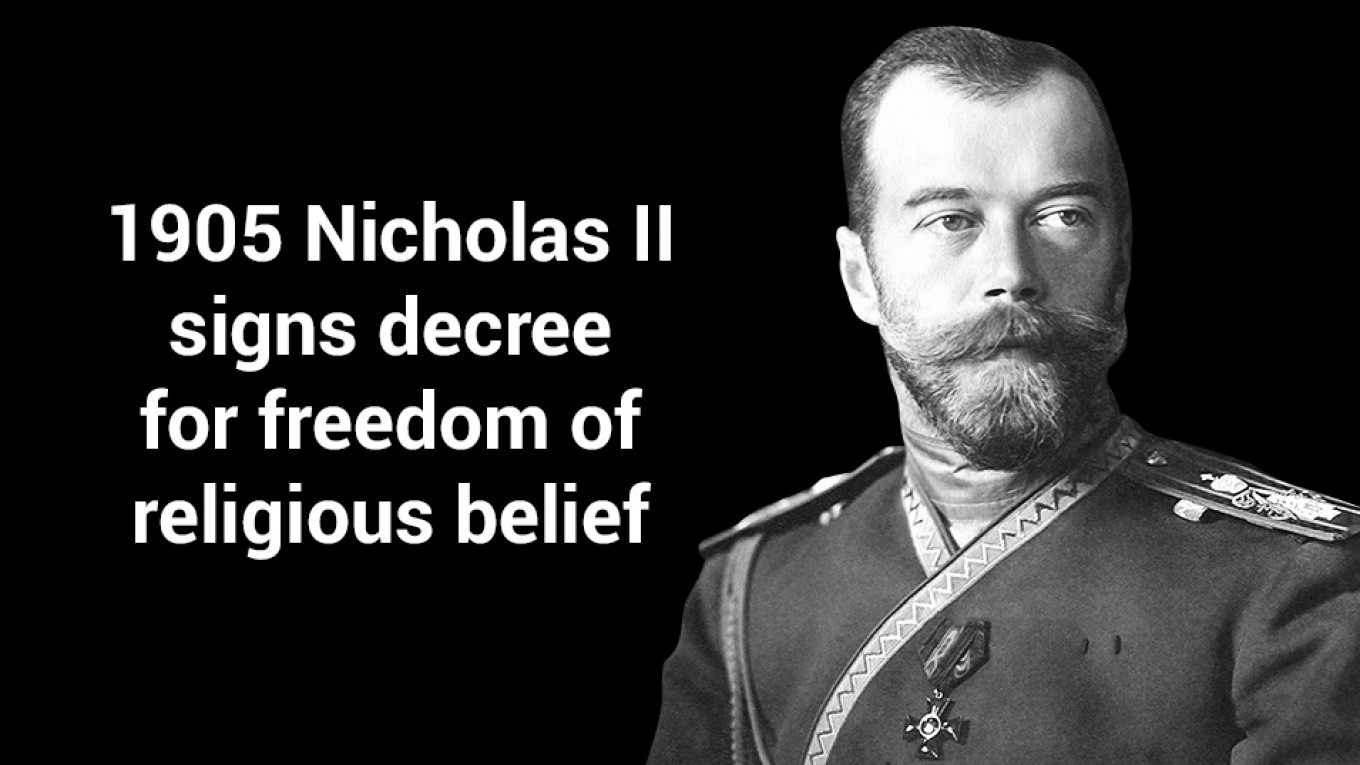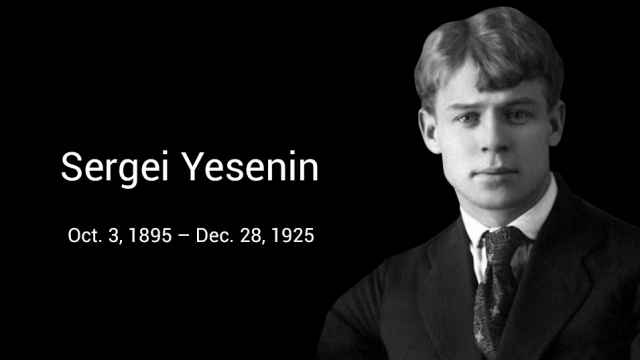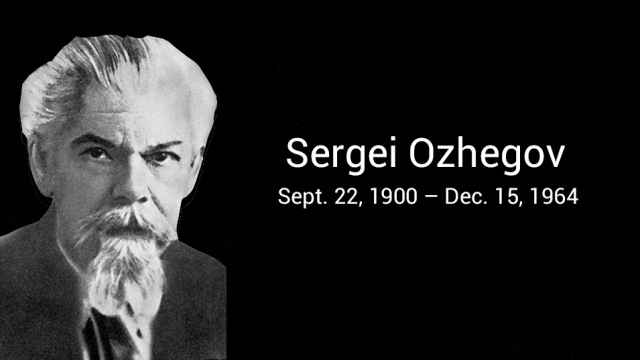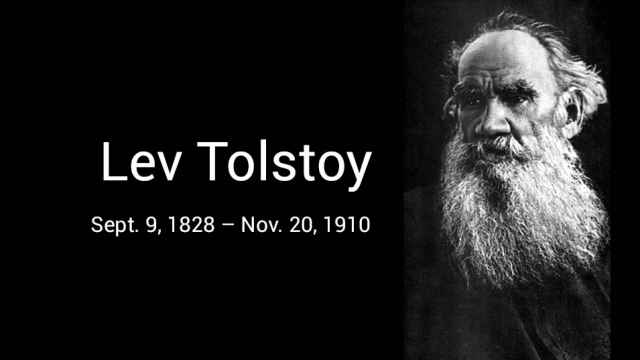On April 30, 1905, Emperor Nicholas II issued a decree on “Tolerance Development.” It would be the first in a series meant to reform relations between Russia’s church and state.
This Edict of Toleration — a declaration made by a ruler or government that protects practitioners of a religion from persecution — gave the religions of Russians who were not Orthodox Christians legal status at a time when more than 70 percent of the population belonged to the Russian Orthodox Church.
In this decree, the rights that were once exclusively reserved for Orthodox citizens were now extended to other religions. The decree included a number of new laws; Orthodox Christians were allowed to adopt children from other religions, and mixed marriages between different religions were permitted.
While this might seem like a small step in much of today’s world, given the state religion and dominance of the Orthodox church this was seen and accepted as a step in the right direction.
A Message from The Moscow Times:
Dear readers,
We are facing unprecedented challenges. Russia's Prosecutor General's Office has designated The Moscow Times as an "undesirable" organization, criminalizing our work and putting our staff at risk of prosecution. This follows our earlier unjust labeling as a "foreign agent."
These actions are direct attempts to silence independent journalism in Russia. The authorities claim our work "discredits the decisions of the Russian leadership." We see things differently: we strive to provide accurate, unbiased reporting on Russia.
We, the journalists of The Moscow Times, refuse to be silenced. But to continue our work, we need your help.
Your support, no matter how small, makes a world of difference. If you can, please support us monthly starting from just $2. It's quick to set up, and every contribution makes a significant impact.
By supporting The Moscow Times, you're defending open, independent journalism in the face of repression. Thank you for standing with us.
Remind me later.






